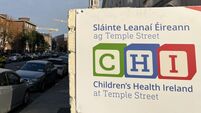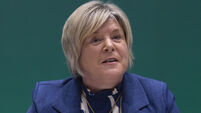Stability of care system queried as 320 children put in three or more placements last year

Children’s Rights Alliance CEO Tanya Ward said: 'We urgently need to understand why these placements are failing and how we can bring stability to these vulnerable children’s lives.' Picture: iStock
More than 320 children were placed in three or more different care placements last year, leading to concern about the stability of the children in the care system.
The figure was up from 179 children in 2020, and accounted for 5.7% of the 5,705 children who were in care last year.












